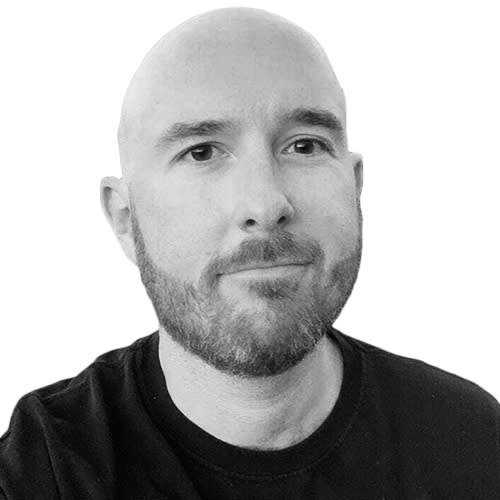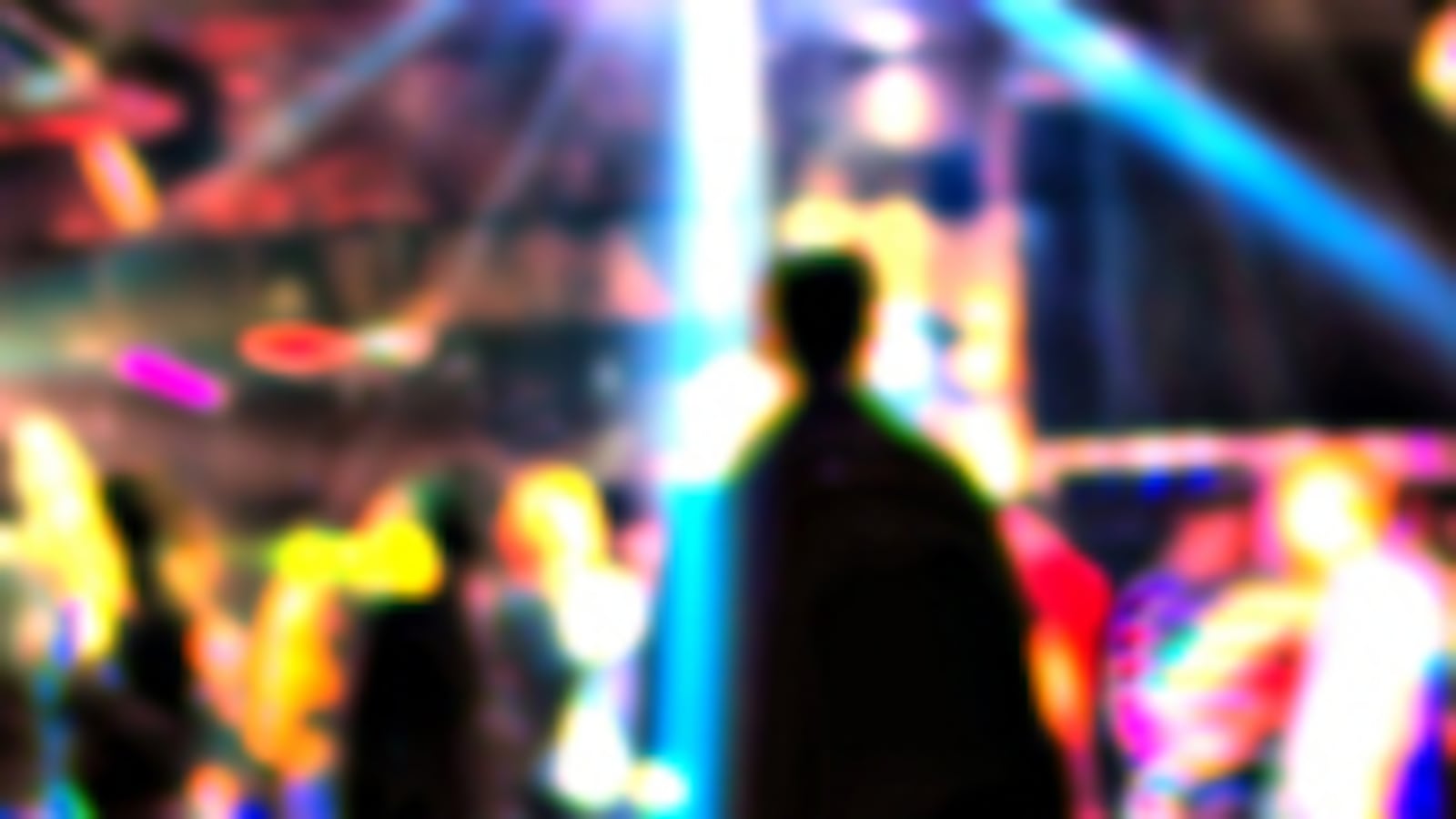
Bob Wold doesn't seem like your typical acid tripper. A happily married 56-year-old contractor with four kids who lives the suburbs of Chicago, he had never considered taking psychedelic drugs until about 10 years ago. At the time, he was suffering from cluster headaches—known as “suicide” headaches because they’re so painful—for 12 hours a day, and he was spending more than $20,000 a year on medication. Then he read a post on a support-group Web site from someone who said they’d found a miracle cure for their own cluster headaches: LSD.
Wold decided to try it. "Compared to brain surgery,” he says, “taking a couple hits of LSD looked a lot more attractive.” But ever since a bust of the country’s biggest LSD lab nine years ago, the drug has become much harder to find. So Wold got his hands on the closest equivalent he could think of: psilocybin “magic” mushrooms (though he has since switched to LSD, which he says works better). The psychedelics arrived in a brown box at his doorstep from a long-distance dealer. He took one dose: about 1.5 grams. "In 15 minutes I could feel the difference,” he says. “My head was clearer than it had probably been in the past 20 years. Other medications felt like they were just covering it up.” But on acid, “All the pressure was gone."
Click Image Below to View Our Gallery of Famous Acid Users

Most people with headaches aren’t going to purchase an illegal drug. And soon, they may not have to. For the first time in four decades, the government is cracking open the door to studies looking into the medical benefits of LSD. If such studies bear fruit—and early results are promising—people like Wold may someday be able to pick up an LSD pill at their local pharmacy.
The watershed moment came last September, when the FDA approved a clinical trial on the use of LSD to treat anxiety in cancer patients. According to the Multidisciplinary Association for Psychedelic Studies (or MAPS), it was the first time since the 1960s that a medical study involving LSD was permitted by the federal government. MAPS Director Rick Doblin called it “a symbol that the psychedelic renaissance is here.”
MAPS reached its fundraising goal of $225,000 in April, and will soon run its LSD trials in Switzerland, where it’s easier to legally obtain acid. The FDA’s approval is crucial, however, because it means it will accept the data that comes out of the Swiss trials. If those results prove the drug works, the agency will then run similar tests for safety and effectiveness. Doblin thinks that because of this ruling, it’s highly possible that within 10 years LSD prescriptions for treating anxiety associated with life-threatening illnesses could be available in America.
Several other clinical trials involving LSD are also under way, one of them at Harvard’s McLean Hospital. Cluster Busters, a nonprofit advocacy group co-founded by Wold, is funding research by Harvard’s Dr. John Halpern, who recently administered a modified LSD molecule to a handful of cluster patients, successfully ending most of their headache cycles for weeks or months. Halpern thinks they may have finally found the cure for an ailment that has mystified physicians for years, and hopes to run a larger clinical trial soon.
Harvard’s Dr. John Halpern recently administered a modified LSD molecule to patients, successfully ending most of their headache cycles.
Other universities are beginning to take seriously research into LSD and other psychedelics as well. UC-Berkeley is working with the California Pacific Medical Center to understand how LSD affects the brain. And a lab at Johns Hopkins is giving subjects psilocybin mushrooms to test their “personally and spiritually meaningful experiences.”
Wold knows plenty of people like him, from policemen to lawyers, who would be happy to get their hands on such a pill. He was wary the first time he took acid, but he’s since become a firm (if unconventional) advocate for its use. “You shouldn’t have to go to a Grateful Dead concert to get this,” Wold says. But he’s also careful to play down the high he gets as a side effect of his treatment—only a small dose is required for treating cluster headaches. “The colors go a little funny,” he says, “but I’m not seeing any pink elephants.”
Though the FDA won't comment on investigational drug applications specifically, a spokesperson told The Daily Beast, "We do review applications for psychedelic drugs. They are held to the same standards as other drugs considered for FDA approval. And now there are some studies that have been permitted to proceed."
"You could say there’s this balance between science and drug-war hysteria,” Doblin says. “What we’ve seen over the 23 years of MAPS' history is the balance shifting from the primacy of drug-war propaganda to a more scientific approach to MDMA [the active ingredient in ecstasy], mescaline, LSD, DMT [another psychedelic]. The FDA has courageously, even under pressure from National Institute on Drug Abuse, permitted the science to go forward."
Before it was banned in 1966, LSD had a rich scientific history, used as a popular treatment for everything from alcoholism to autism. (YouTube has old black-and-white videos of 9 year olds tripping acid under doctors’ supervision.) But LSD’s recreational legacy has made current proposals at Cambridge and other institutions an awkward subject. When Dr. John Mendelson first approached the California Pacific Medical Center about his LSD study, he says, “There was some discomfort because it doesn’t have a clean health bill. Our research director felt it was very difficult to justify in the context of a health system.”
The biggest roadblock to psychedelic research is no longer getting legal permission, according to Doblin—it’s getting people on board. Because LSD is a Schedule I drug, funding only comes from private donors, many of whom are still skittish at its mere mention. “We’ve had people too scared to be on our mailing lists,” Doblin says, “fearing the DEA is going to bust them.” Despite this, he’s found wealthy civil libertarians and Silicon Valley types who have had positive experiences with the drug to support what he expects to be a “$20 million, 20-year plan” to make medical LSD mainstream.
Of course, even if it’s legal, it’s unclear how much demand there will be for prescribed LSD. The medical benefit, Mendelson says, is limited—cluster headaches, for instance, affect less than 1 percent of the population, and pharmaceuticals like Imitrex reach the same receptors without the side effects. And the drug’s potential for expanded consciousness and spirituality might be limitless, but is that reason enough to legalize it? Doblin imagines a future in which any reasonably healthy person could walk into a clinic and experience their first high under supervision. “You used to be a nut if you talked about yoga. Now you go to the YMCA, and there are all these yoga classes,” he says.
Mendelson’s ambitions are much more modest. He says he’s just happy to have gotten a study off the ground at all. In many ways, what’s most remarkable about the breakthrough of LSD is the drug itself. It’s the most potent psychedelic of its kind. It lasts several hours longer than either MDMA or psilocybin, and it has the greatest risk profile of any psychedelic. But researchers say that's also what makes it so tempting. “It’s more challenging, more powerful, but there’s also great therapeutic potential,” Doblin says. “It’s like taming the lion. If we can tame the lion, then we can work with the leopard and the wolf.”
Paul Schrodt is a writer living in New York City. He has contributed to New York magazine, Radar, and Esquire.com.






